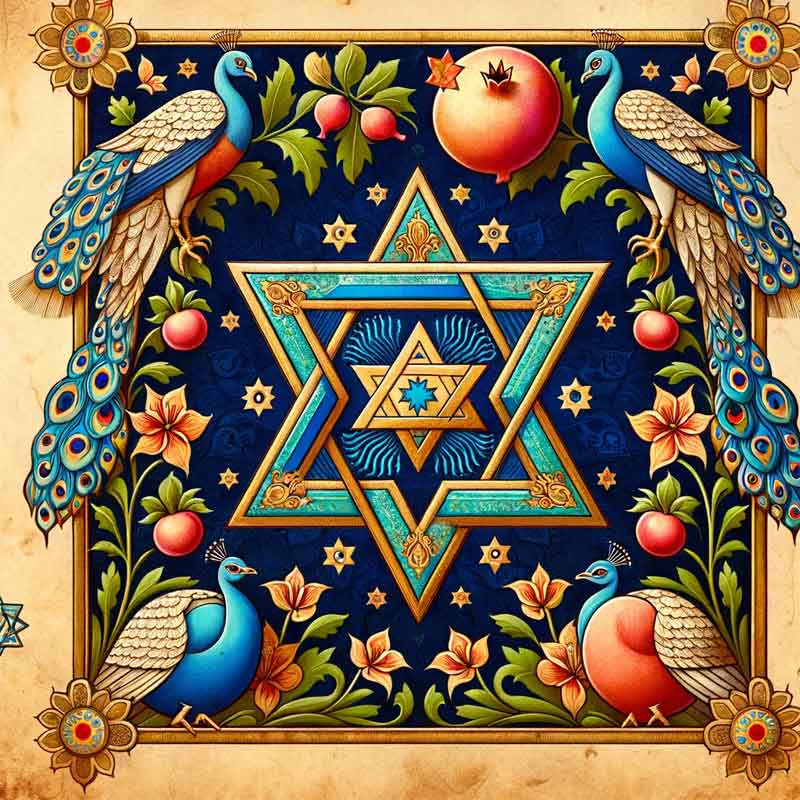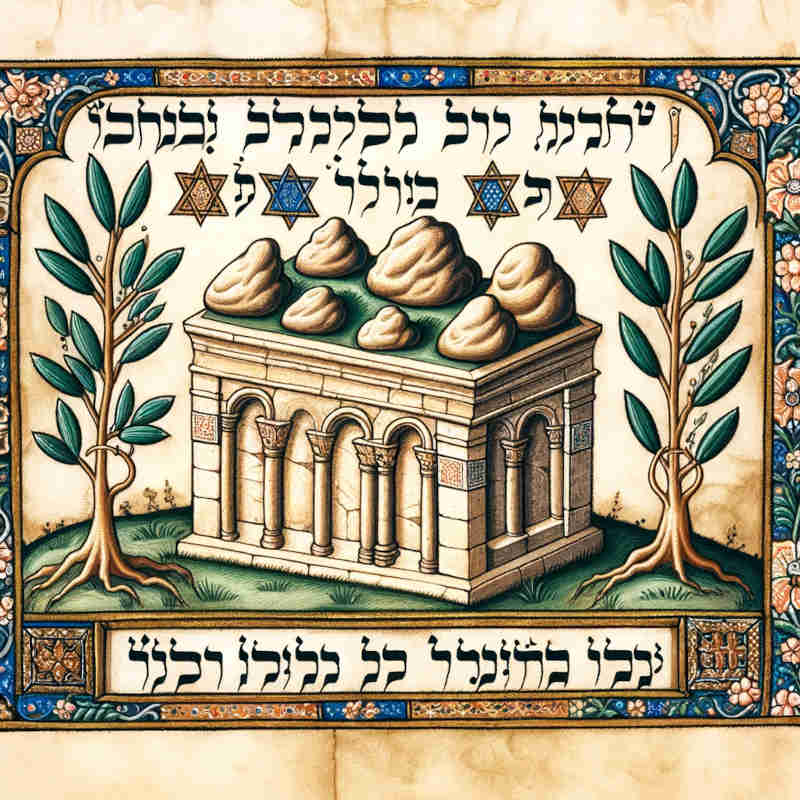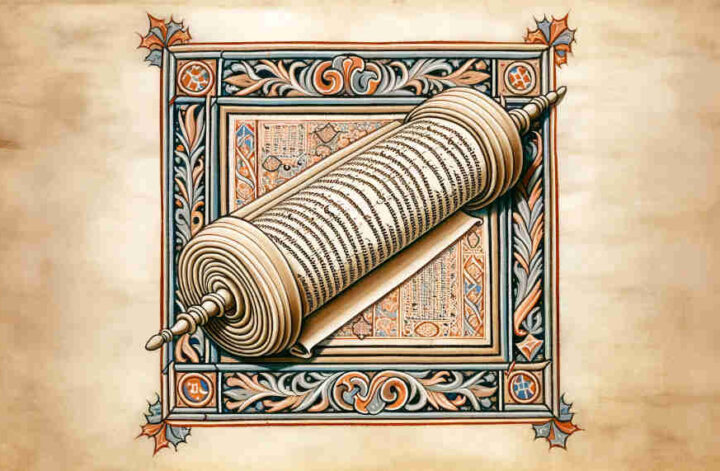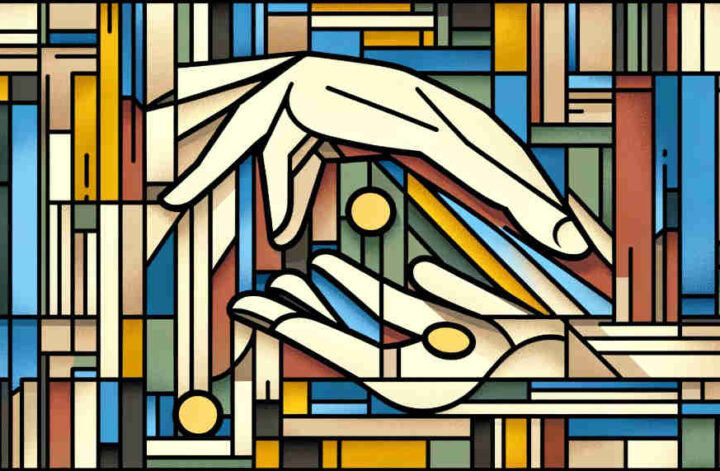Question About the Affirmation “Amen” in Judaism
Email from Jonathan Katz: “Dear Rabbi Joshua, I hear the word ‘amen’ often in religious contexts, and I was wondering, do Jews say ‘amen’ during prayers or at other times?”
Response from Rabbi Joshua
Shalom Jonathan, it’s great that you’re taking note of the commonalities in religious expressions. The word ‘amen’ indeed holds a significant place in Jewish prayer and ritual.
Meaning and Origin of “Amen”
The word “amen” has its roots in Hebrew, originating from the word “emunah,” which means faithfulness or belief. In a Jewish context, when one says “amen,” it is an affirmation of belief, essentially saying, “I believe this is true.” It is used to express agreement with a blessing, prayer, or statement that has been made.
“Amen” in Jewish Ritual
In Jewish practice, “amen” is customarily said after hearing a blessing recited by another person. It is also said during communal prayers and when affirming a statement made by the prayer leader or when responding to prayers like the Kaddish, which is a prayer said for the deceased.
The Significance of Saying “Amen”
Saying “amen” is considered a mitzvah, or commandment, of its own. The Talmud elaborates on the power of “amen,” equating it with affirming one’s faith in God and the intentions behind the prayers and blessings. It is more than just a word; it is a declaration of support and affirmation of the community’s prayers.
Usage Beyond Formal Prayer
Apart from liturgical use, “amen” is often said informally to express agreement with something true or desirable. For instance, it might be used in conversation when someone expresses a hope or a good wish for the future.
Conclusion
Jonathan, the word “amen” is indeed a deeply ingrained part of Jewish religious life, symbolizing affirmation, solidarity, and faith. Whenever you hear it spoken, it is a reflection of a shared belief and an individual’s affirmation of their faith.
If you have any more questions about Jewish practices or terminology, feel free to ask. It’s always a pleasure to share insights into our rich traditions.
Best wishes,
Rabbi Joshua



